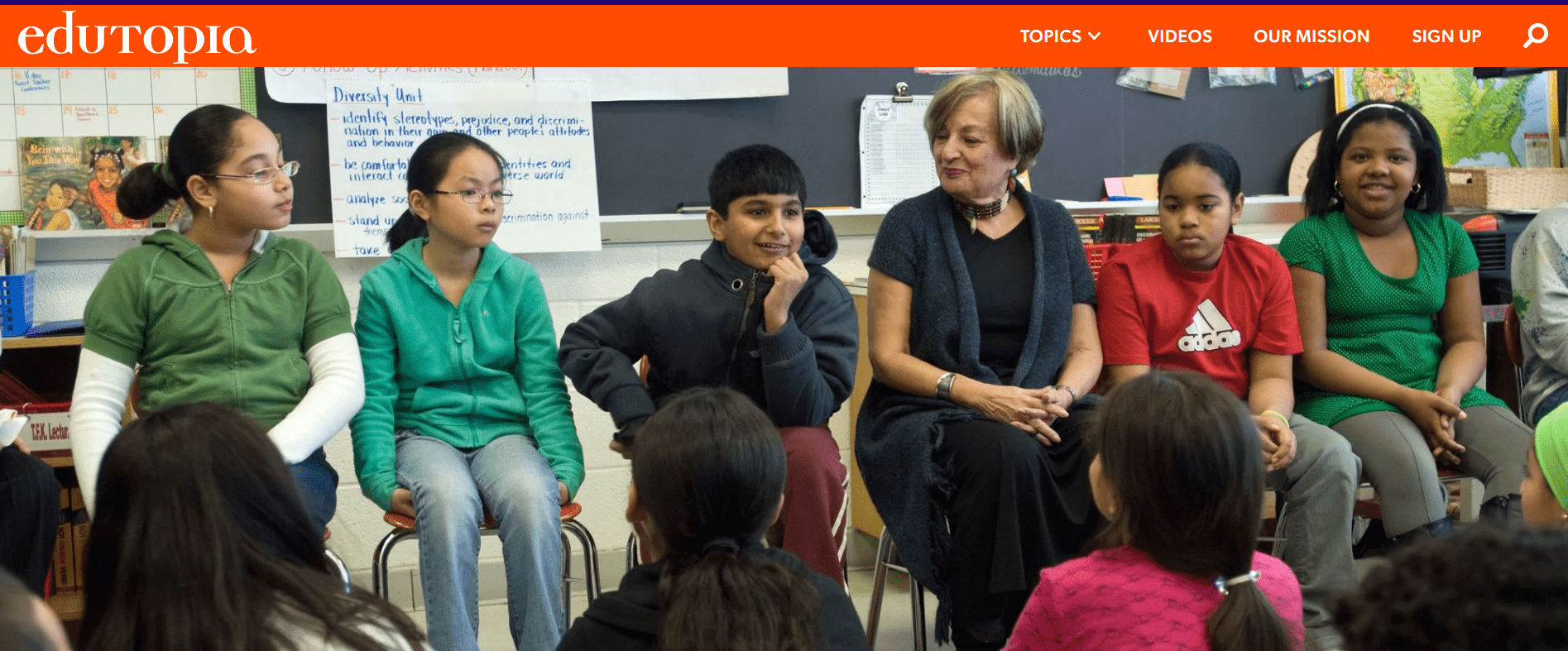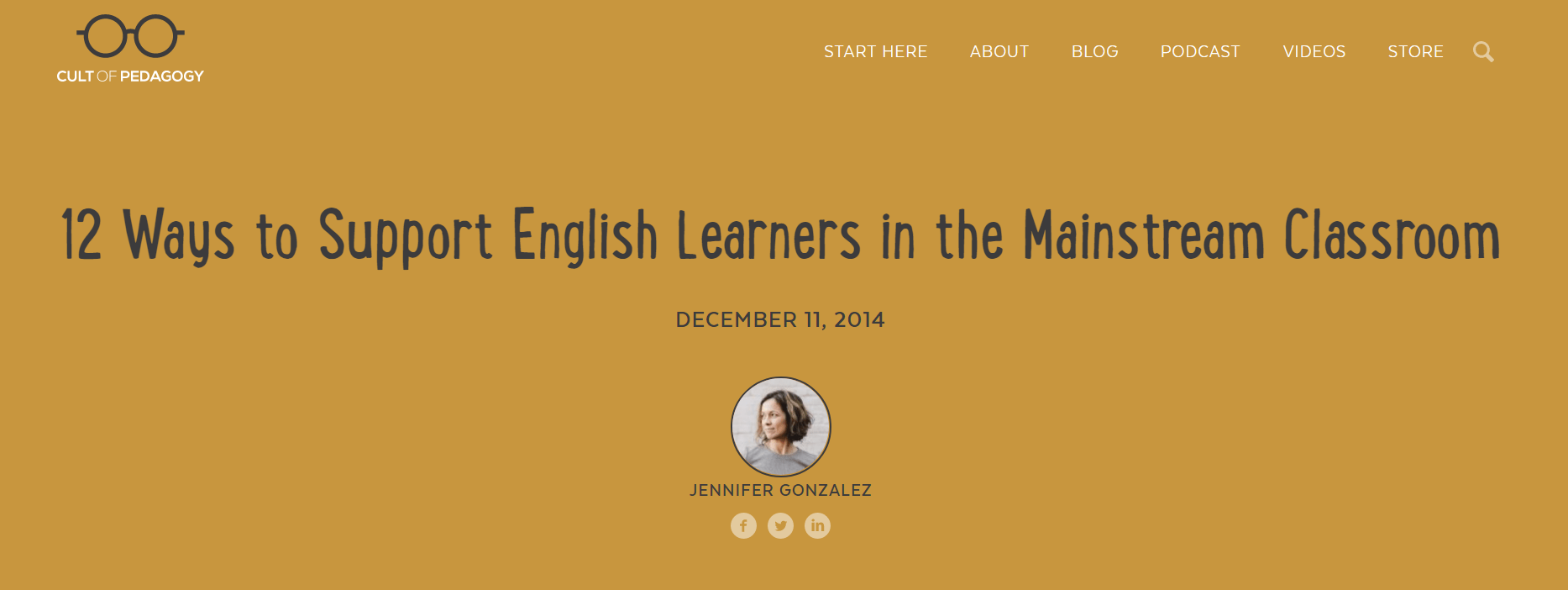Language is the system of communication involving speech, nonverbal gestures, and writing that is used and understood by a community. Participating in learning a new language can help connect individuals to different people, ideas and cultures that surround them. A successful language learning circle gathers participants with similar needs, acknowledges their desired outcomes, and builds collectively toward their language goals. This topic guide provides resources for learning a new language with a focus on resources for learners of English as a Second Language (ESL/ESOL/TESOL/TFL).
Practices:
- Be mindful of the needs of your desired audience. Some language learners may be learning a language as a hobby or to prepare for travel. Other language learners may need to learn the basics of a language to interact with others in their new environment, and they may need a more robust everyday vocabulary. Learners whose first language is not that of the instruction material may need additional time and resources. As you prepare your learning circle, be explicit about your desired audience in your promotional materials.
- Providence Public Library has used the USA Learns course for Citizenship to help language learners meet their goals. This course focuses on key words and grammar needed to understand the questions that are part of the U.S. citizenship or naturalization interview. Citizenship Study Guide offers similar resources for language learners in Canada.
- Cultivating a bilingual classroom can help language learners feel more at ease as they engage with new material. Many instructors find that Google Translate is a useful bridge between facilitators who don’t speak learners’ native language.
- Be creative in your advertising! Some facilitators have had positive experiences promoting their ESL programs on Facebook Swap Meet and posting videos showing people how to study English at home with online course materials. If you can, advertise in the native language of your desired audience to maximize impact. When scheduling your learning circle, be mindful of the working hours of your participants.









